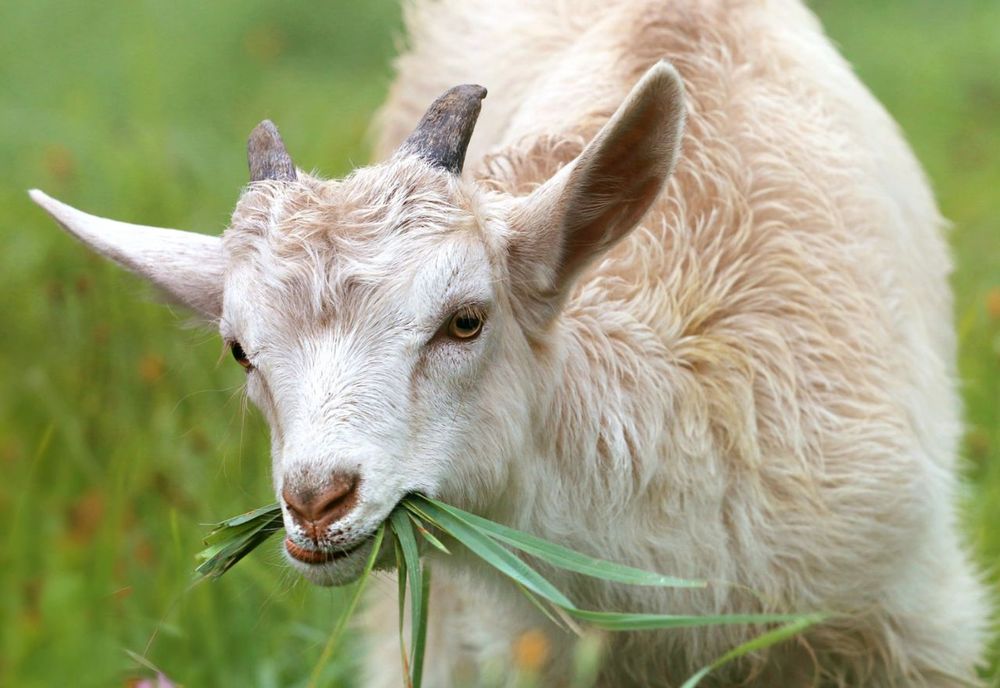eID tags the new move for sheep and goat industry
Marnie Ryan
16 December 2022, 6:41 AM
 The new eID tags are already being utilised by sheep and goat farmers across NSW
The new eID tags are already being utilised by sheep and goat farmers across NSWThe NSW Government plans to roll out electronic identification (eID) tags for the booming $1.5 billion farmed sheep and goat industries and have now set their dates.
Sheep and farmed goats born after 1 January 2025 will require an eID tag before leaving a property; and from 1 January 2027 all farmed sheep and goats in NSW will require an eID tag.
From 30 June 2024, meat processors will be required to start scanning all farmed sheep and goats and from 1 January 2025, scanning at sale yards will commence.
Minister for Agriculture and Western NSW Dugald Saunders said the plan has been made hand-in-hand with the two industries to ensure a timeline that works for each sector.
"Biosecurity is a top priority for the NSW Government, and a mandatory electronic identification system for sheep and goats will be a critical part of delivering the animal traceability we need to respond quickly and effectively if we ever see an incursion of an emergency animal disease," Mr Saunders said.
"The open and honest feedback I've received from producers across NSW is that while they understand the need for traceability, there has been concern about having to deal with new tags in too short a timeframe. I've heard that message loud and clear, and my focus will continue to be on getting this right for everyone involved," he said.
Jamie Goldsmith, a local Coonamble sheep farmer runs between eight and nine thousand head of sheep. He says his concern is not in regards to the timeline.
"My biggest concern with the eID electronic tags is the data base they are operated from," Mr Goldsmith said.
"I am very sceptical because of how they worked within the cattle industry. A lot of cattle farmers will say the same thing, cattle were not transferred properly into the system and it still causes a big mess.
"If there was an outbreak of a disease, how effective would these tags be? We will not know the answer unless it actually happens, and we all do not want that to happen.
"In terms of money, I am currently spending $1.33 on the eID tags instead of 30 cents. This is a huge change, especially considering I mark around 3-4000 lambs each year. It is a huge extra cost and certainly more expensive for farmers who have already been through some tough years," he said.
However, Mr Goldsmith finds the tags will make some sheep operations easier than his current practices.
"The eID's will be useful for breeding selection. I have recently used the eID's for my new ewes. I will be able to use and gather information from the system and use this information as a selection tool for breeding. The electronic tags will be very helpful sheep management wise," Mr Goldsmith said.
In terms of effectiveness and looks, the eID's are similar to the normal sheep tags.
"Out of the 2000 eID's that I put in, around 1% or 20 tags did not work. The tags also look very similar to the old ones and are inserted using a similar multi or automatic applicator," Mr Goldsmith said.

ABOVE: Goats are also included in the mandatory eID tagging system coming into place from 1 January 2027.
Mr Saunders said work will continue across all sectors to determine what critical infrastructure is needed to support the implementation of a mandatory sheep and goat eID system, and how it will be funded.
“We still have some details to sort out at a state and national level, including the consideration of a national tag tender, and the upgrade of the National Livestock Identification System (NLIS) database,” Mr Saunders said.
“I’ve already called on the Federal Labor Government to match the funding we’re putting on the table, and I’ll keep pushing for that support while we work closely with all key representative bodies sitting on our NSW Sheep and Goat Traceability Reference Group.
The NSW Government has invested 229 million in biosecurity measures in 2022 alone, making it the largest investment by a single jurisdiction ever in Australia.




